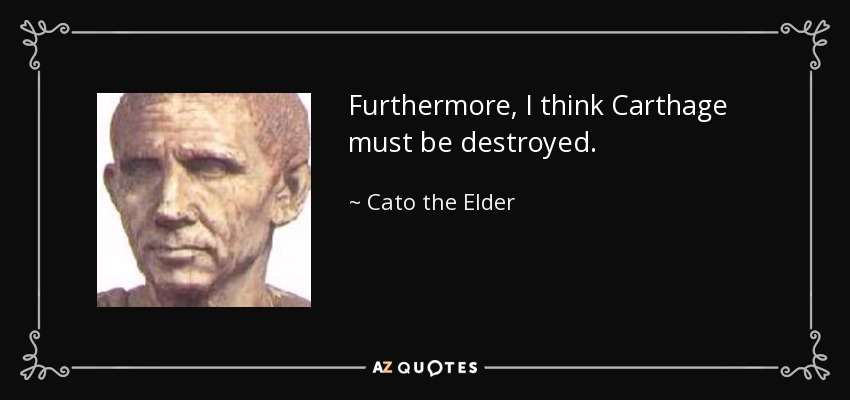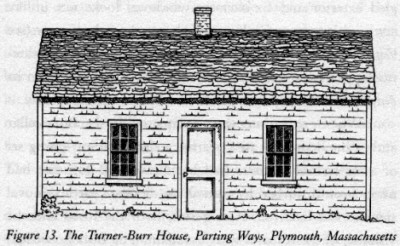In the New York Times article "Homeownership Drop Is Bad News, but Not for the Reason You Think," economist Dean Baker explains the negative reasons behind the decline in homeownership that are not the obvious reasons that come to mind initially. Baker presumes that most people will interpret the homeownership drop is bad because most people feel that owning a home is inherently good, but Baker states that the drop actually has some potentially positive omens as owning a home is not universally a positive choice for every person. Ideally, Baker says, a drop in owning homes should mean that people are investing money into areas beyond real estate that are more sensible given a person's current condition and that are cheaper and safer to return a profit. However, non-home investments have gone down faster than homeownership, a problem that Baker attributes to the fact that most adults and families lack the education and knowledge to make an informed decision for them and their families. Further, this homeownership drop has disproportionately affected African-Americans, implying that African-Americans also disproportionately lack the ability to make informed financial decisions.
Where I saw this connect to the story of Parting Ways was that when the African-American men who would live there surely lacked the teachings needed to live effectively because they had been raised as slaves and not given educations, and other than their time as slaves, soldering was the only other form of work that they had been exposed to; even though the land of Parting Ways was destitute, the residents only had farming as way of life to take up. Without any formal education, any ability, or even chance, to read, write, understand finances, run businesses, etc. the four men had no choice but to take up the lives of farmers even if their land lacked the necessary resources. For the African-American citizens today without investments or wise money spending, most of them, likely, grew up in and were educated in poor areas with low qualities of educations due to a lack of funding from low tax revenue. The opportunity exists for these African-Americans and their families to improve their lives and conditions of living, but they cannot take these opportunities because nobody ever gave them the ability to do so. The problem is not as conspicuous as the problems of the 1790's; it is easy to look back and see the crime of allowing children to be born into the world as property and then thrown out into without any reasonable education to give them the abilities to live the full potentials of their lives, both as a result of the lack of training and of the legal, institutional, cultural, and overall barriers placed in the way of African-Americans. Today, children are not born into slavery, but children are born into situations where their parents never received the proper tools to do better and succeed and create a better life, and, as a result, neither do their children. The struggles and consequences of the past are not as acute and definite, as they were at Parting Ways and the entire freedmen community, yet they exist, and it would be another crime to forget that.
“Homeownership at 50-Year Low — So What?” The New York Times. Accessed September 7, 2016. http://www.nytimes.com/roomfordebate/2016/08/02/homeownership-at-50-year-low-so-what/homeownership-drop-is-bad-news-but-not-for-the-reason-you-think.
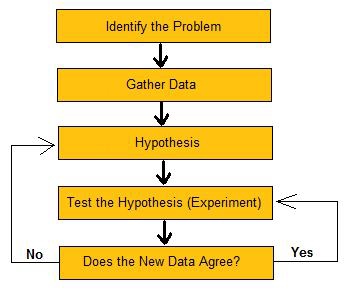 Image: https://upload.wikimedia.org/wikipedia/commons/c/c7/The_Scientific_Method.jpg
Image: https://upload.wikimedia.org/wikipedia/commons/c/c7/The_Scientific_Method.jpg
 This implies the raw and distinct comparison between mammals and humans. Not only do humans have to devise various ways for survival, but they also have the ability to self reflect. The only mammal that has almost a similar genetic code as us humans is a chimpanzee. The article below contains more information behind the meaning of self reflection and how it can be used to possess a more spiritual and enlightened state of self.
This implies the raw and distinct comparison between mammals and humans. Not only do humans have to devise various ways for survival, but they also have the ability to self reflect. The only mammal that has almost a similar genetic code as us humans is a chimpanzee. The article below contains more information behind the meaning of self reflection and how it can be used to possess a more spiritual and enlightened state of self. I actually looked up how much 27 dollars was worth in 2017. It's a little over 530 dollars, That is probably the poorest I can imagine some people to be living with, only that value worth of assets to continue your life off of.
I actually looked up how much 27 dollars was worth in 2017. It's a little over 530 dollars, That is probably the poorest I can imagine some people to be living with, only that value worth of assets to continue your life off of.
 This shotgun house is a clear reminder of the African culture they were able to preserve and allow us to see their significance in a Anglo American dominated society
This shotgun house is a clear reminder of the African culture they were able to preserve and allow us to see their significance in a Anglo American dominated society


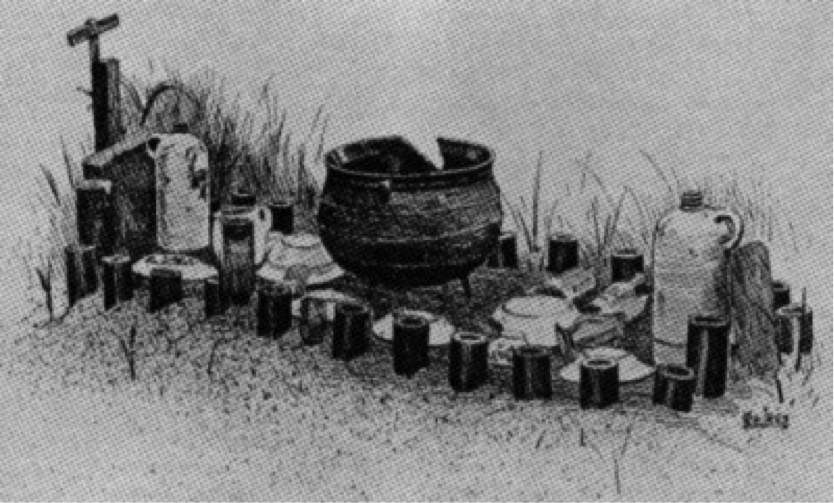
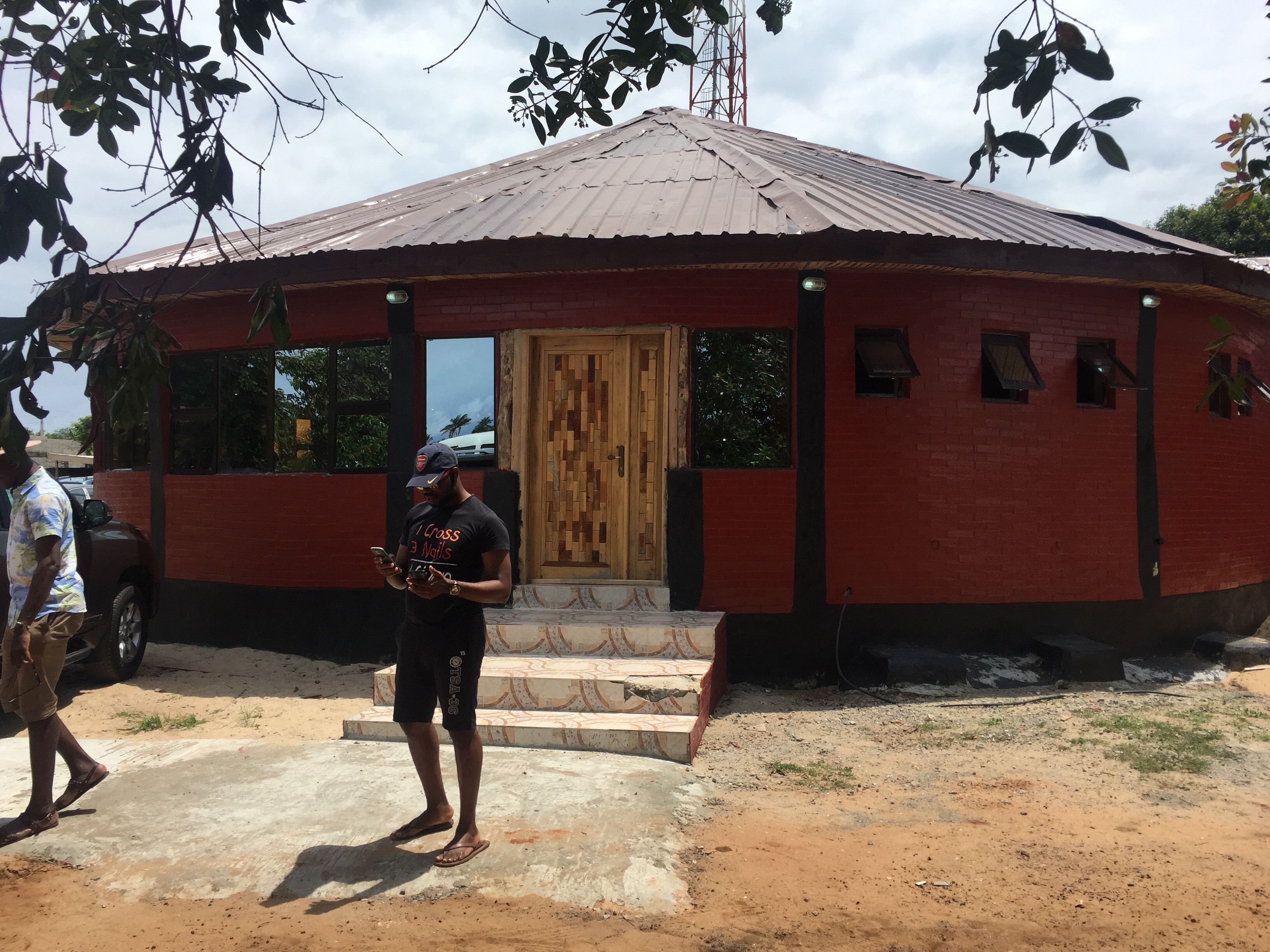 A very very modernized version of that concept
A very very modernized version of that concept

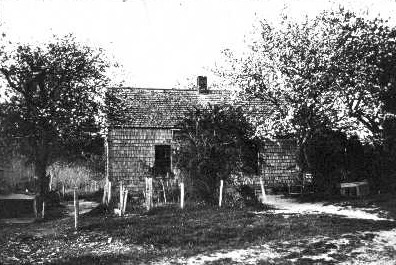
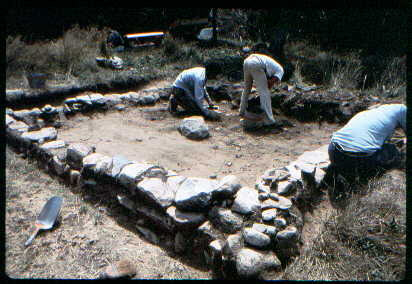
 “Maps of New Guinea Settlement from 1823-Present | Parting Ways.” Accessed September 7, 2016.
“Maps of New Guinea Settlement from 1823-Present | Parting Ways.” Accessed September 7, 2016. 